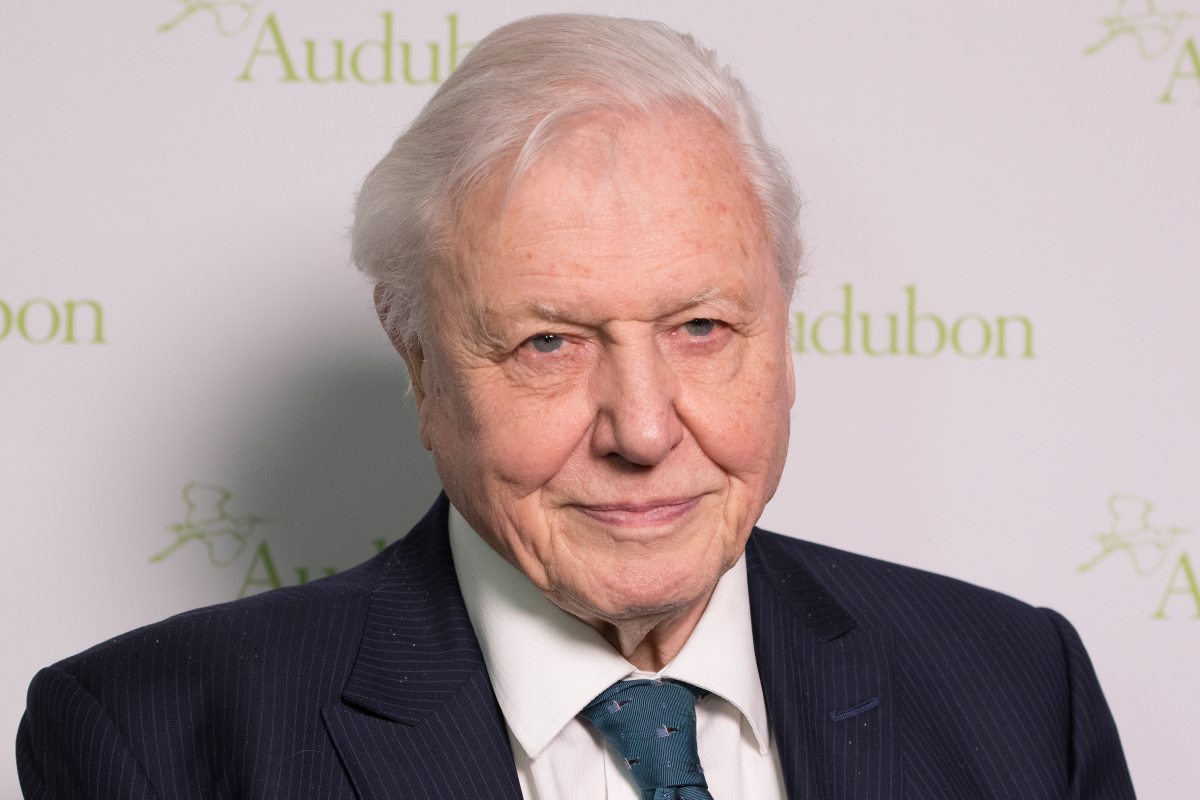
If it was true surely Israelis should be freezing. NARRATOR: A 22% drop in solar energy was simply massive. In fact, if we compare those very early measurements in the 1950s with the current measurements, there was a staggering 22% drop in the sunlight, and that really amazed me. What he found, stunned him.ĭR GERALD STANHILL: Well I was amazed to find that there was a very serious reduction in sunlight, the amount of sunlight in Israel.

But twenty years later, in the 1980s, Gerry decided to repeat his measurements to check that they were still valid. NARRATOR: For a year Gerry collected data from a network of light meters the results were much as expected, and were used to help design the national irrigation system. His task was to measure how strongly the sun shone over Israel.ĭR GERALD STANHILL (Agricultural Research Organisation, Israel): It was important for this work to measure solar radiation, because that is the factor that basically determines how much water crops require. A trained biologist, Gerry got a job helping to design irrigation schemes. The trail that would lead to the discovery of Global Dimming began 40 years ago, in Israel with the work of a young English immigrant called Gerry Stanhill. Two years ago most of them had never even heard of it, yet now they believe it may mean all their predictions about the future of our climate could be wrong. NARRATOR: One degree in just three days no one had ever seen such a big climatic change happen so fast. And you have to realise that from a layman's perspective that doesn't sound like much, but from a climate perspective that is huge. But what he observed was both immediate and dramatic.ĭR DAVID TRAVIS: We found that the change in temperature range during those three days was just over one degrees C. NARRATOR: Travis suspected the grounding might make a small but detectable change to the climate.

In the aftermath of 9/11 the entire US fleet was grounded, and Travis finally had a chance to find out.ĭR DAVID TRAVIS: It was certainly, you know, one of the tiny positives that may have come out of this, an opportunity to do research that hopefully will never happen again. NARRATOR: For 15 years Travis had been researching an apparently obscure topic, whether the vapour trails left by aircraft were having a significant effect on the climate. And at first I didn't think about it, then I realised the sky was unusually clear. Eight hundred miles west of New York, in Madison, Wisconsin a climate scientist called David Travis was on his way to work.ĭR DAVID TRAVIS (University of Wisconsin, Whitewater): Around the twelfth, later on in the day, when I was driving to work, and I noticed how bright blue and clear the sky was. While America mourned, the weather all over the country was unusually fine. NARRATOR: September 12th 2001, the aftermath of tragedy. Tonight Horizon examines for the first time the power of what scientists are calling Global Dimming. But it may already have led to the starvation of millions. One that until very recently scientists refused to believe even existed.

It reveals that we may have grossly underestimated the speed at which our climate is changing. NARRATOR (JACK FORTUNE): This is a film that demands action. Questions and answers about global dimming


 0 kommentar(er)
0 kommentar(er)
